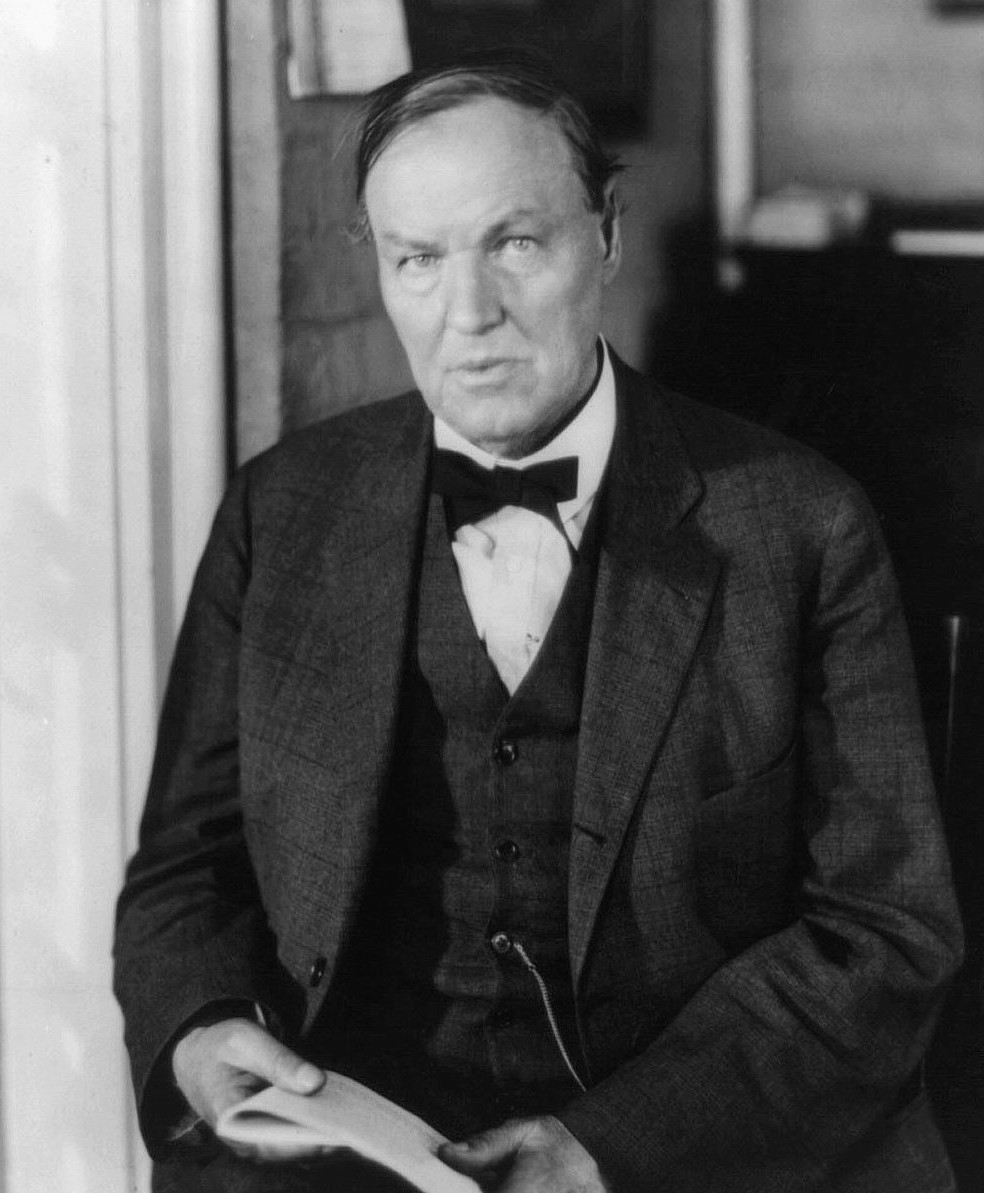"...outer boundaries of what an "Alemist" foreign policy might look like; indeed, it was one that Argentine had subtly carried out for years. Though their influence over Uruguay had collapsed entirely, Argentina had rather deepened her ties with Paraguay dramatically, and the Alemist influence upon the Azules who had emerged victorious from that country's long and fractious civil conflicts in the previous twenty years looked an awful lot like the crumbling Civic Union. Eduardo Schaerer had been the first President in Paraguyan history to complete his mandate without a coup and while he was succeeded by a fellow Liberal in the young and more radical Jose Pedro Montero, it was nonetheless a peaceful transfer of power from one President to another after an election regarded as mostly free of irregularities. Schaerer had strengthened Paraguay's institutions, reformed its military by promoting dozens of young new officers from the educated urban intellectual class rather than scions of the landed oligarchy, and made enormous efforts to improve not only the welfare of Spanish-descended and immigrant peoples, of which there were increasingly many, but also the indigenous Guarani. Secure as a neutral ground that could trade with all combatants during the Great American War, cottage industries had sprung up across Paraguay, and Asuncion's position had left it an important forum for diplomacy.
If the influence of Alemist thinking over Paraguay and the Radicals of Chile was clear, it was less so in Bolivia, which was rapidly charging the opposite direction under its own Liberal Party, which represented the more laissez-faire and oligarchic school of 19th century liberalism in contrast to the radicalism en vogue elsewhere in the Cone. Ismael Montes had ridden his 1915 triumph at Lima in securing the Littoral Province for Bolivia once again to a crushing success in the mid-term Congressional vote, one which was allegedly highly fraudulent and used the military to intimidate illiterate native voters, and thereafter set about purging Bolivia's small and already corrupt bureaucracy of his enemies while promoting military friends favorable to him and bullying the Church into silence. This all culminated in the election of Jose Gutierrez Guerra, a wealthy and powerful La Paz banker who had only just been elected to Congress in 1914 and seemed to have emerged out of nowhere to succeed Montes; in part due to the assassination of former general and opposition leader Jose Manuel Pando, there was no way to have a truly free election in Bolivia, especially after nearly twenty years of Liberal control of the country.
Had the Littoral not been returned at the conclusion of a stirring military victory over the hated Chileans, Gutierrez's time may have been quite unstable and could well have ended "early," as so many Latin American Presidencies often did. But the afterglow of Lima was still strong, and Bolivians had in the years after the return of the Littoral seen a dramatic rise in living standards (at least in cities like La Paz, which were booming); unlike the severe and increasingly chronic economic malaise that had plagued most of South America since 1915-16, Bolivia seemed to be in the midst of a golden age, one that made Gutierrez confident enough to make noises that he intended to break from Montes and pursue a number of genuine public works projects through the fattened treasury.
In some cases, however, Gutierrez was very much like Montes, such as in Bolivia's increasing interest in the Chaco. The area has in the high plateaus of western Paraguay, claimed by both countries, arid and seemingly worthless until the suggestion in late 1918 by a number of geologists that it could in fact enjoy high levels of mineral wealth, in particular oil; Bolivia, with its large mining industry, was even more interested in those lands than it had ever been before. Of course, the biggest problem with their mounting claims over the Chaco, buffeted by Bolivian confidence bordering on arrogance after their war with Chile, was that the Chaco covered more than half of Paraguay's claimed borders, and for a country that had a grievously traumatic 19th century, Paraguay was not about to see its territories further reduced and Bolivian armies permanently stationed across from Asuncion.
The tensions thus rising, Argentinean policymakers saw a familiar story to the one in Uruguay at the start of the decade, and this time they were determined they would not see another country gradually moving towards progressivism be bullied by a larger neighbor into surrender..."
- The Radical Republic
